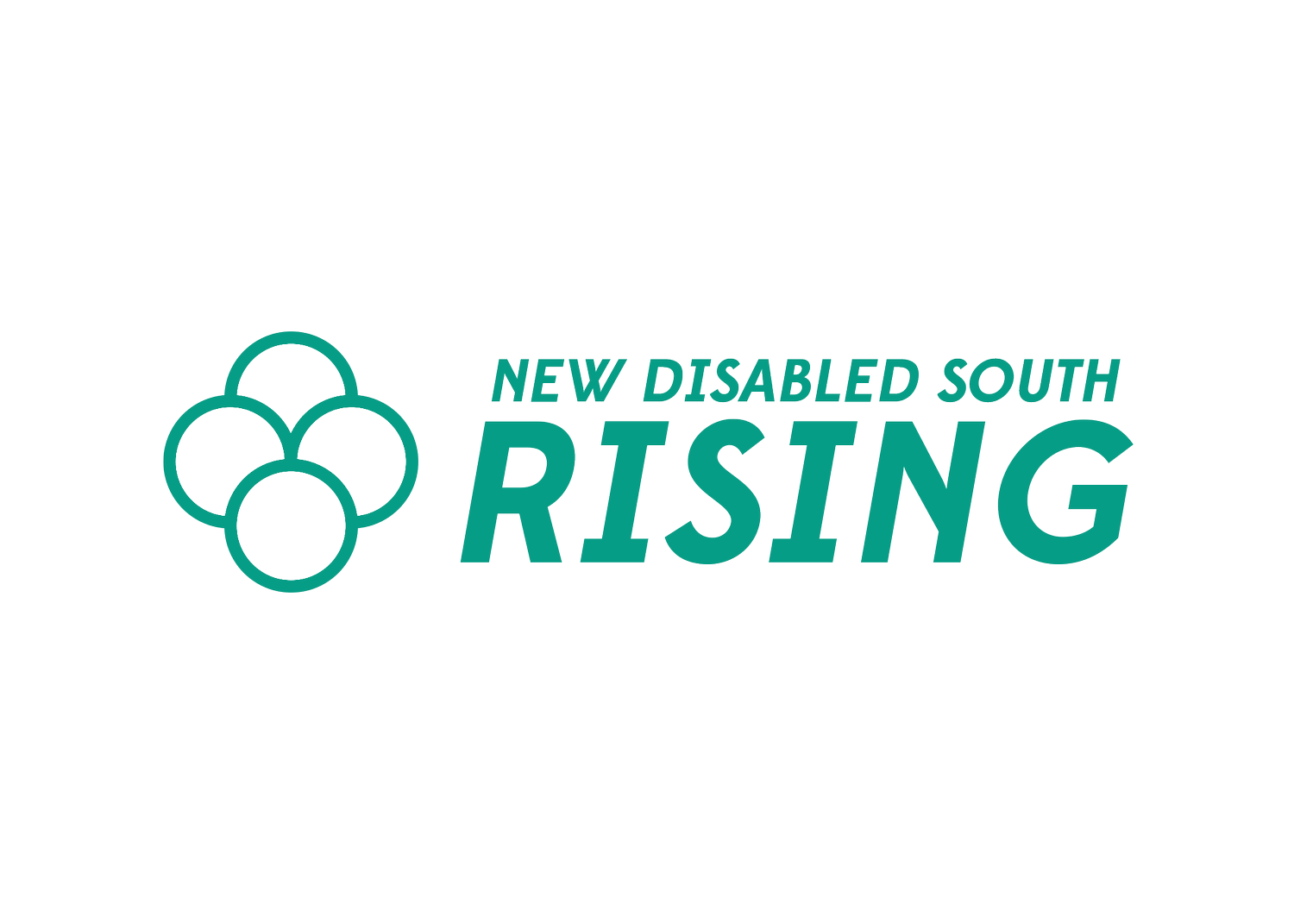New Disabled South Rising - Statement on Cop City
We, the leadership of New Disabled South Rising, an Atlanta-based 501(c)(4) disability rights and disability justice organization fighting in 14 Southern states, join the thousands of Atlanta residents standing up against the destruction of the South River Forest to build a training facility that would further militarize police and poses a threat to the disabled community in our state, region, and entire nation.
Studies have found that half of people killed by police in the U.S. have a disability—a fact emphasized by the reality of compliance culture in policing, which endangers the lives of disabled people and disproportionately targets Black Americans with disabilities. What’s more, 66% of incarcerated people nationwide have reported having disabilities. Studies show that more training, especially training intended to address implicit bias against minorities, do not actually improve police interactions with these communities. Atlanta should not invest in a facility that would train police when studies have shown that more training does nothing to improve deadly police interactions. Whether it’s been through ugly laws, the eugenics movement, or institutionalization, disabled people have, for too long, been viewed as an enemy in our society, and further militarizing police in our streets divides communities and teaches police to view citizens, especially those with disabilities, as enemies.
In a city that is woefully lacking in terms of accessibility for disabled people—broken sidewalks, inaccessible transportation, extremely poor infrastructure—investing $30 million in taxpayer money to destroy 85 acres of forest takes crucial dollars away from efforts to improve our city for disabled people. Evidence shows that police do not keep disabled people safe, but investing in improving the accessibility of our city does. In 2009, Atlanta reached a settlement agreement with the Justice Department that it would improve the accessibility of our city for people with disabilities, but the city continues to fail on almost every part it agreed to improve. Why are Atlanta’s leaders ignoring the real issues that impact the day to day lives of the eight percent of the city’s population who are disabled?
The destruction of the South River Forest to build Cop City also impacts the disability community in our state significantly because of the project’s harmful impacts on the environment. Disabled people are at a greater risk of being affected by climate change than non-disabled people, as the challenges posed by natural disasters create significant barriers to adequate care and safety. Studies show that people with mobility disabilities have a significantly more difficult time evacuating during weather emergencies, for example. Low-income and rural disabled people, particularly disabled BIPOC, often “struggle to afford adaptations to climate risk such as backup generators to power ventilators” and may also face difficulties with lack of access to broadband Internet and related technology. Destroying any portion of the South River Forest, a critical resource in humanity’s fight against climate change, will disproportionately impact disabled people in our state. Cop City will have an immeasurably negative effect on the environment, and therefore the disability community, for many decades to come.
We live in the South—a region that is severely lacking in funding for its disabled population. Disabled people need care, greater accessibility, affordable housing, and healthcare. And right now, those needs are not being met. Our community is in crisis.
Atlanta is a central part of the Southern U.S., and should stand as an example of what other states and cities in our region can be. Instead, $30 million of our tax dollars, and $60 million from private corporations and foundations, is being used to put more power in the hands of police and ultimately put our community at more significant risk while ignoring solutions that would actually keep us safe.
It is time to act. It is time to say no to Cop City.

